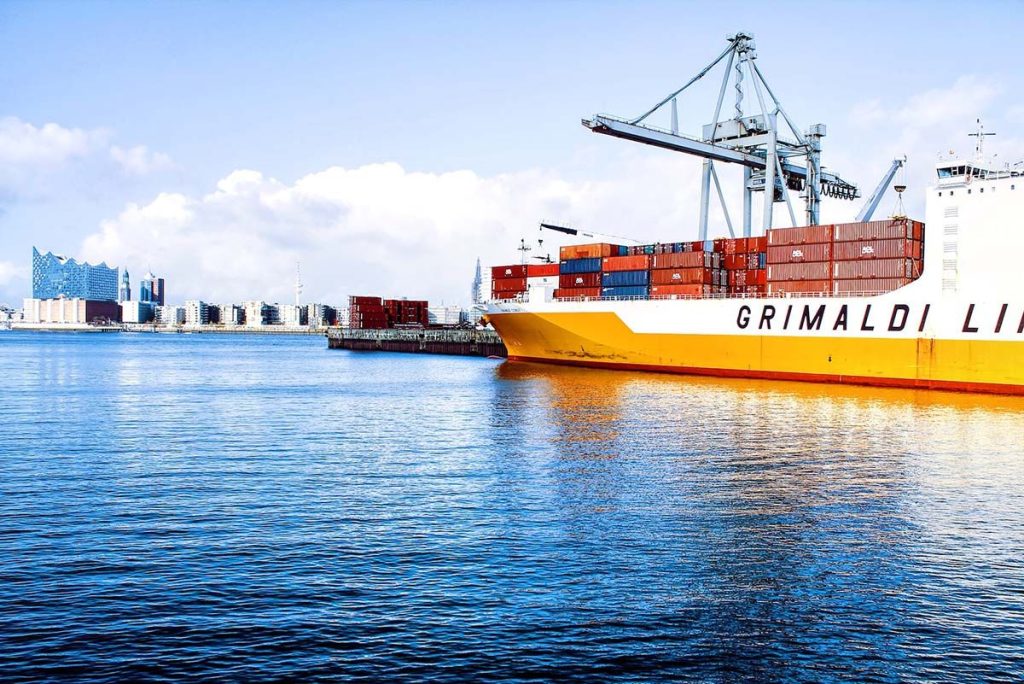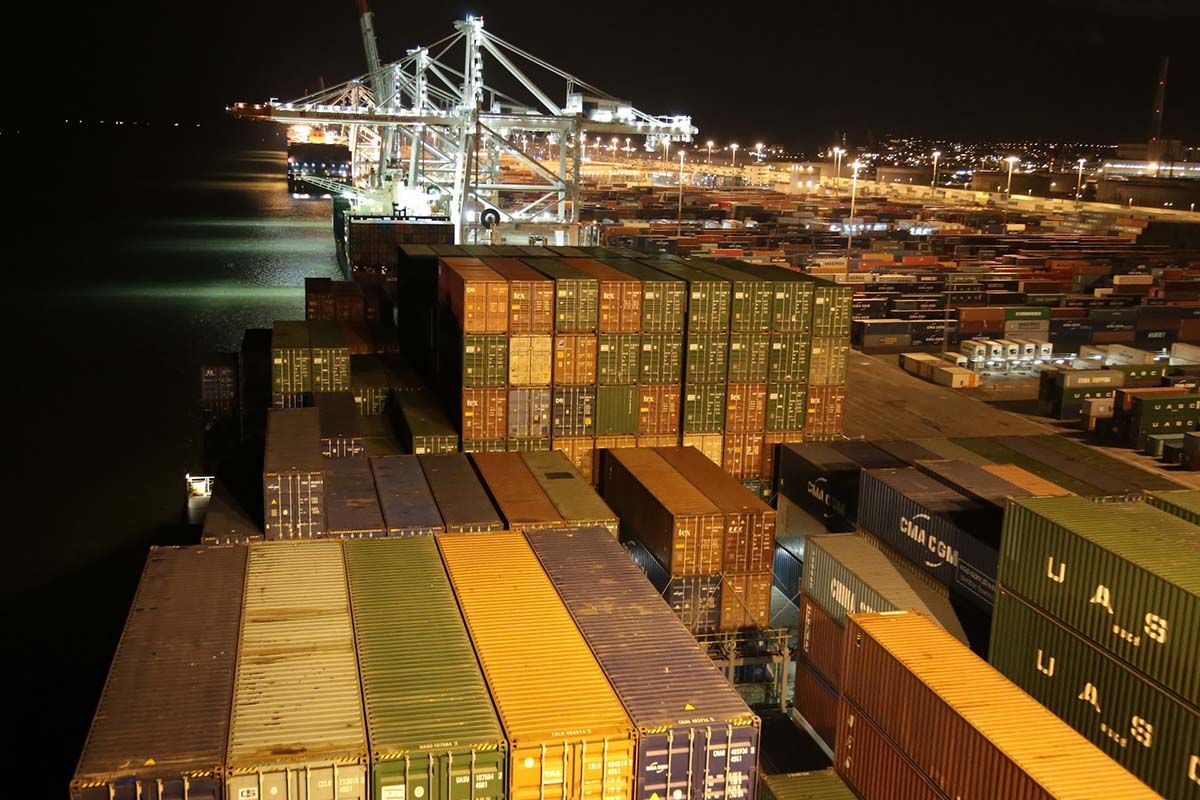International shipping arrival costs

International shipping arrival costs can vary widely depending on various factors such as the shipping method, the destination country, the size and weight of the package, and any additional services or fees associated with the shipment. Here are some of the key factors that can impact international shipping arrival costs:
1. Shipping Method:
The choice of shipping method plays a significant role in determining arrival costs. Common international shipping methods include air freight, sea freight, and express courier services. Air freight is generally faster but more expensive than sea freight.
- Air Freight: Air freight is one of the fastest methods for international shipping. It is suitable for time-sensitive and high-value goods. Airlines and cargo carriers transport goods in dedicated cargo planes or within the holds of passenger planes. Air freight is typically more expensive than other methods, but it offers quick delivery.
- Sea Freight (Ocean Freight): Sea freight is the most common method for shipping large volumes of goods internationally. It is cost-effective for transporting bulky or heavy items over long distances. Containers are loaded onto cargo ships, and transit times are longer compared to air freight. There are two primary types of sea freight:
- Full Container Load (FCL): You rent an entire container for your goods.
Less Than Container Load (LCL): Your goods share a container with cargo from other shippers. - Road Freight: Road freight involves shipping goods by truck or other road vehicles across international borders. It is a common choice for shipping within regions with well-connected road networks, such as Europe or North America.
- Rail Freight: Rail freight is used for transporting goods overland between countries with interconnected rail networks. It’s a cost-effective option for certain routes, especially for goods traveling long distances within continents like Asia or Europe.
- Express Couriers: International courier services like DHL, FedEx, UPS, and others specialize in small package and document shipping. They provide fast, door-to-door delivery services and are often preferred for urgent shipments or important documents. FreightNet Express is the courier specialist in Great Vancouver, across Canada and Worldwide, we are your preferred low-cost, high-speed and reliable courier service provider

2. Customs Duties and Taxes:
Many countries impose import duties, taxes, and customs fees on incoming shipments. These charges can significantly increase the overall cost of international shipping. Import duties and taxes are typically based on the declared value of the goods and the customs regulations of the destination country.
Customs duties and taxes are charges imposed by governments on goods that are imported or exported across international borders. These charges are collected by customs authorities and are an important source of revenue for governments. The specific customs duties and taxes applied to international shipping can vary widely from one country to another and depend on several factors, including the type of goods, their value, and the trade agreements in place between countries. Here are some key points to understand about customs duties and taxes for international shipping:
- Import Duties: Import duties, also known as tariffs or customs duties, are taxes levied on imported goods. These duties are calculated based on the customs value of the goods, which includes the cost of the item, shipping and insurance charges, and any other applicable costs. Import duties are typically expressed as a percentage of the customs value or as a specific amount per unit of measurement (e.g., per kilogram or per item).
- Value Added Tax (VAT) or Goods and Services Tax (GST): Many countries impose a VAT or GST on imported goods, which is a consumption tax added to the purchase price of goods. The rate of VAT or GST varies by country and can be a significant additional cost for importers. In some cases, VAT or GST may also apply to the shipping and insurance charges associated with the shipment.
- Excise Taxes: Some countries impose excise taxes on specific types of goods, such as alcohol, tobacco, and petroleum products. These taxes are in addition to import duties and VAT/GST.
- Customs Fees: Customs authorities may charge various fees for processing and inspecting imported shipments. These fees can include clearance fees, inspection fees, and document processing fees.
- Trade Agreements: The customs duties and taxes applied to international shipments can be influenced by trade agreements and trade preferences between countries. Trade agreements can lead to reduced or eliminated duties for certain goods traded between countries that are parties to the agreement.
- Exemptions and Allowances: Some countries offer exemptions or allowances for certain types of goods, low-value shipments, or gifts. These exemptions can vary widely, so it’s important to research the specific rules and thresholds for the destination country.
- Customs Declarations: Accurate and complete customs declarations are essential for determining the correct customs duties and taxes. Providing false information or undervaluing goods can result in penalties and delays.
- Customs Brokers and Agents: Importers and exporters often use customs brokers or agents to navigate the customs clearance process. These professionals have expertise in customs regulations and can help ensure compliance and minimize costs.
- Payment and Timing: Customs duties and taxes must be paid before customs authorities release the goods for delivery. Importers may need to pay these charges directly to customs or through a customs broker or shipping carrier.

3. Other things:
- Destination Country: Shipping costs can vary greatly depending on the destination country. Some countries have lower shipping rates due to proximity or trade agreements, while others may have higher import taxes and duties that can significantly increase arrival costs.
- Package Size and Weight: The dimensions and weight of your package are crucial factors. Heavier and larger packages typically incur higher shipping costs. Carriers often have weight and size limits for different shipping methods.
- Shipping Distance: The distance between the origin and destination also affects shipping costs. Longer distances typically result in higher shipping fees.
- Shipping Timeframe: If you need your shipment to arrive quickly, you may opt for express shipping services, which tend to be more expensive than standard or economy shipping options.
- Additional Services: If you require additional services such as insurance, package tracking, or special handling (e.g., fragile or hazardous materials), these services may come with extra fees.
- Packaging: Proper packaging is essential to protect your goods during transit. Inadequate packaging can result in damage and additional costs.
- Documentation: Accurate and complete shipping documentation is crucial to avoid delays and additional charges. Customs forms, invoices, and other required paperwork should be prepared correctly.
- Currency Exchange Rates: Exchange rate fluctuations can impact shipping costs, especially if you’re dealing with international transactions in different currencies.

To get an accurate estimate of international shipping arrival costs, it’s recommended to work with FreightNet Express, we can provide you with a detailed quote based on your specific shipment and requirements. Additionally, consider consulting with customs authorities or trade experts to understand any customs duties and taxes that may apply to your goods when they arrive at their destination.
